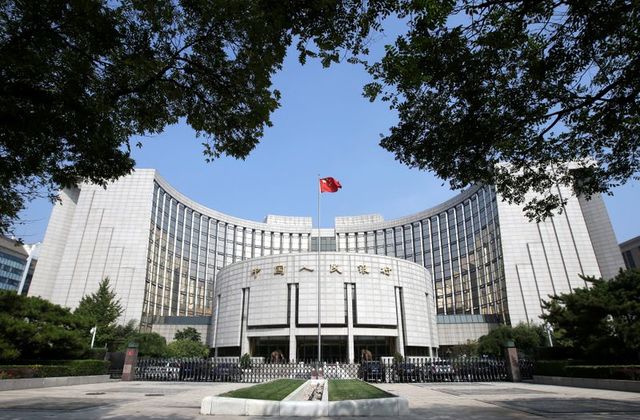
Technology
China suggests global rules for digital currencies issued by central banks.

On Thursday, China proposed a set of global rules for central bank digital currencies, covering everything from how they should be used globally to highly sensitive issues like tracking and data sharing.
To modernize their financial structures, fend off the danger of cryptocurrencies like bitcoin, and speed up domestic and foreign payments, global central banks are looking to establish digital currencies. China is one of the most advanced countries when it comes to this initiative.
At a Bank for International Settlements seminar, Mu Changchun, the director-general of the PBOC's digital currency institute, laid out the latest ideas.
Interoperability between CBDC (central bank digital currency) systems and exchanges of different jurisdictions should be enabled, he said. He said the plans had been discussed with other central banks and monetary authorities.
The flow of information and funds should be coordinated to make it easier for regulators to track transactions for compliance.
As digital currencies like bitcoin gain popularity with mainstream businesses and investors, and private initiatives like the Facebook-backed Diem pursue acceptance, the onus is on central banks to move quickly to issue digital cash in order to protect their monetary power.
The PBOC aspires to be the first global financial institution.
As part of its effort to internationalize the yuan and reduce reliance on the dollar-dominated payment system, the PBOC hopes to be the first major central bank to issue a CBDC.
Over the next five years, the European Central Bank is even considering introducing a digital euro. However, it is facing opposition in Germany, where the Bundesbank is concerned that a digital euro could pose a danger to banks.
Many analysts believe that a CBDC that gains widespread acceptance in foreign trade and payments would eventually erode the dollar's position as the de facto currency of world trade and diminish US control.
Separately on Thursday, China announced that it would accelerate pilot programs to improve its digital yuan as part of its efforts to boost demand and boost economic growth.
To continue promoting the healthy evolution and financial stability of the international monetary system, Mu added that a fair supply of digital currencies by world central banks should be a key global law.
He said that a digital currency provided by one central bank should not obstruct the ability of another central bank to carry out its mandate for monetary and financial stability.
